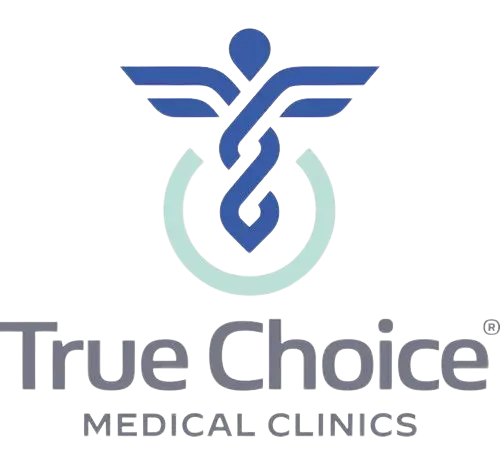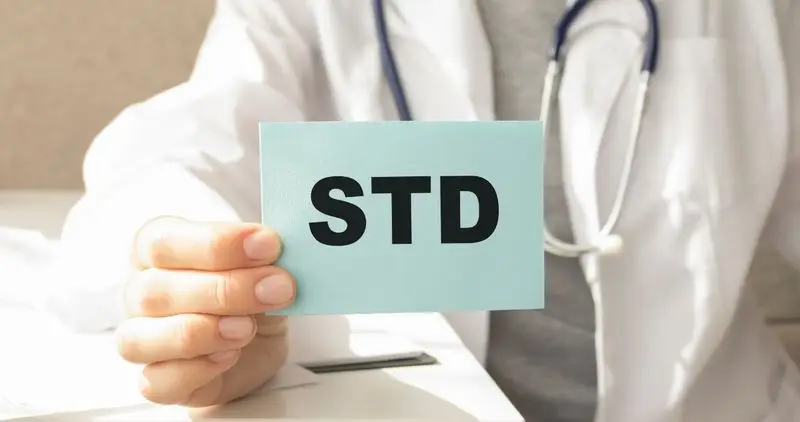Is treatment of an STD the end of the infection?
According to the World Health Organization, STDs not only have short-term consequences of infection, but can pose serious threats long-term to a woman’s reproductive health including infertility, cervical cancer, pelvic inflammatory disease, and possible mother-to-child transmission during pregnancy and childbirth. Furthermore, an STI predispose her to HIV, sepsis, pneumonia, and congenital deformities to her unborn children.
At TCMC, our medical staff provide education on the importance of early detection of STDs knowing there are a variety of STDs that are asymptomatic, treatable and untreatable. In addition, if a woman’s pregnancy is confirmed through our no-cost pregnancy tests or ultrasound, TCMC can provide her with immediate testing for certain STDs preventing the long-term consequences of miscarriages, preterm delivery and mother-to-child transmission during pregnancy and childbirth. Our dedication to educate our clients beyond their treatment empowers them to make educated, informed decisions about their healthcare in the immediate and long-term settings.
We recently saw a patient at TCMC for STI testing. She had unprotected sex with her partner and recently found out the partner tested positive for chlamydia. Because she heard we provided STD testing, she came in promptly after experiencing symptoms, and we quickly resulted the STI test. The patient was confidentially notified she was positive for chlamydia, and came in for treatment immediately. Each visit gives us the opportunity to perform comprehensive health assessments, educate her on exposure of STIs and unplanned pregnancy as well asthe risk of how untreated STIs can cause further complications in her general health. Because she was in her childbearing years, we discussed the importance of STI testing, intervention and follow-up to prevent long-term consequences of infertility, mother-to-child transmission or congenital abnormalities. In addition, we educated the client on the risks of re-infection if her partner was not treated. She felt very encouraged, empowered and commented, “I loved how the center asked me how I felt about my issue. They actually had a conversation to make me feel comfortable.” This patient’s testimony demonstrates the power of creating a safe environment to not only educate her on her current issue but also on preventing long-term consequences on her general and reproductive health. We feel confident she now has the confidence to take control of her sexual health and implement the education we provided moving forward.
References:
https://www.who.int/news-room/fact-sheets/detail/sexually-transmitted-infections-(stis)





